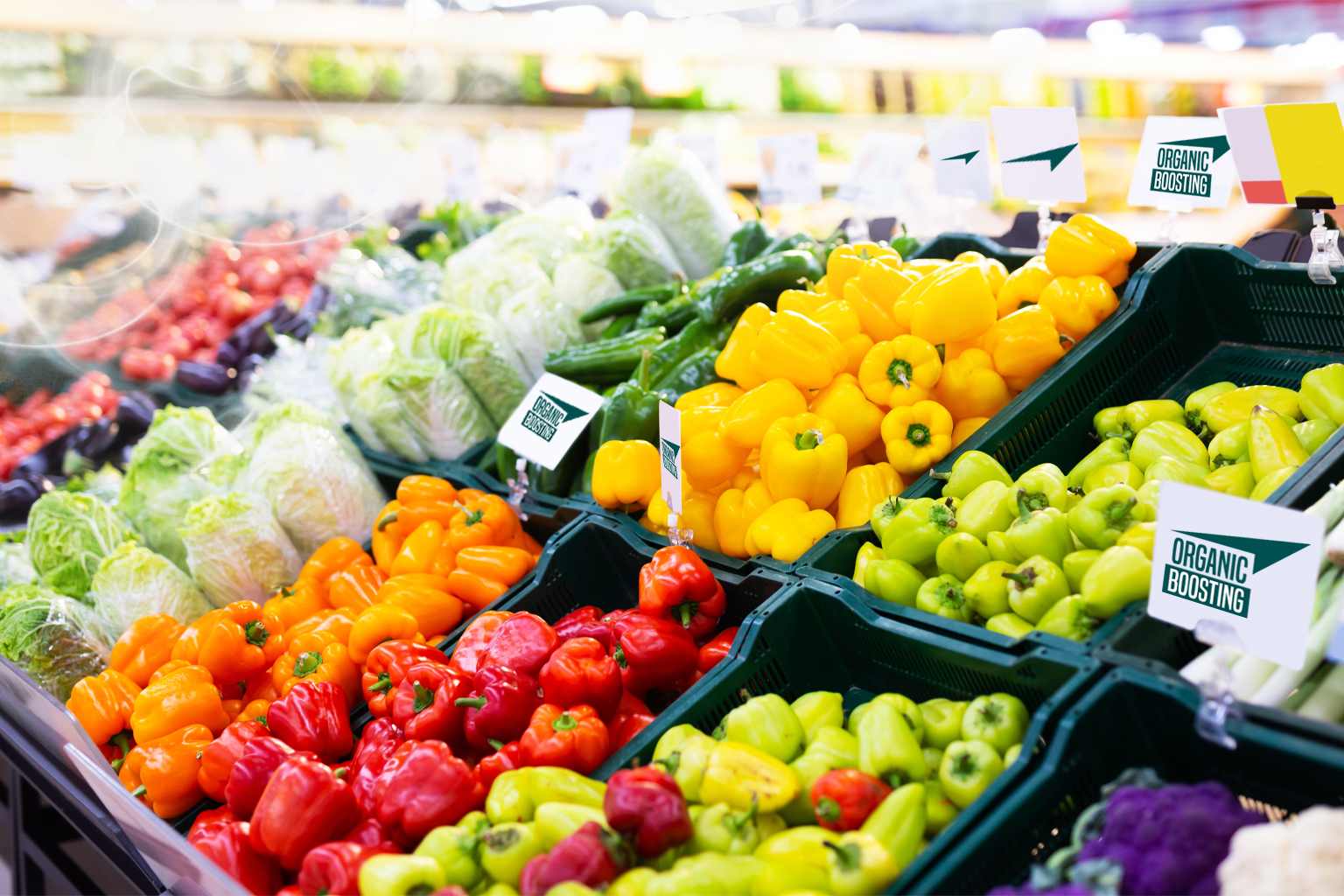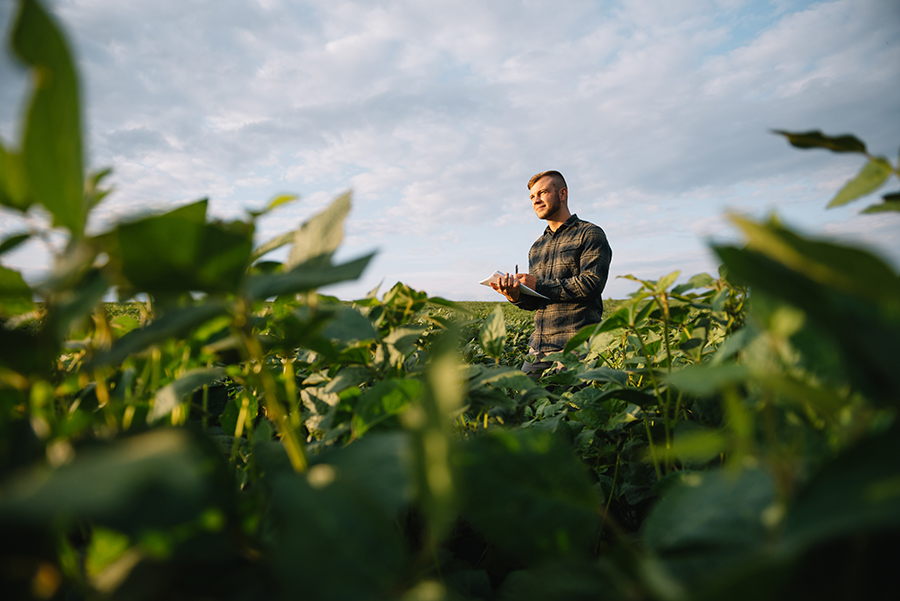What is organic cheese and what are its advantages
Cheese is a food that has delighted the palates of people all over the world since time immemorial. The very moment when you taste it for the first time, feel the variety on your palate and fall in love with the sensations transmitted by its texture and aroma, is the experience sought by organic cheese producers. Consumers value quality and increasingly want to opt for products that respect animal welfare and human health. If you want to discover the difference between artisan and organic cheese, to learn the meaning of organic farming, and to discover the advantages of cheese with organic certification, do not miss out on reading this article.
What is organic cheese?
Organic cheese is basically a return to the origins. This ancient food is made from the milk of animals – usually goats, cows and sheep -raised naturally with a diet based on the indigenous wild flora. Organic cheese must comply with european regulations, which observes EU’s compliance with organic farming standards.
What is organic farming?
Knowing that organic farming is based on animal-friendly and environmentally-friendly principles, organic livestock production takes into account open air grazing and organic animal feed – preferably produced on the farm itself and free of pesticides and herbicides – and is also governed by strict provisions regarding animal welfare and veterinary care.
One of the basic principles of this type of farming is to encourage a connection between animals and the physical environment, which means that the animals have outdoor space with a limited density of animals per hectare to ensure their comfort.
As far as veterinary care is concerned, priority is given to prevention, giving preference to natural treatments over those using antibiotics. Hormones or substances intended to stimulate growth and production are totally forbidden. Hence, selecting breeds that are best suited to the environment is crucial to prevent disease.
In addition, organic farming seeks to reduce animal stress throughout their lives to the extent possible. Both in their breeding, respecting strict rules on the characteristics that the facilities must have; and in their classification, avoiding practices such as cutting teeth, beaks, tails or dehorning; and in their transportation.
What are the benefits of organic cheese?
The benefits or advantages of organic cheeses, in relation to those obtained through industrial livestock farming are the following:
They are environmentally friendly
Since the animals are fed on pasture or feed without pesticides, this prevents water, air and soil pollution to a large extent and therefore does not contribute to climate change.
According to Pablo Manzano, environmental consultant for livestock and environment and researcher at the University of Helsinki, “from a climate point of view, industrial livestock farming uses many more fossil fuels, which are the ones that have the greatest impact on the climate in the long term”.
The responsible use of energy and natural resources is encouraged, in addition to maintaining biodiversity and conserving regional ecological balances. Soil fertility is improved, water quality is maintained, and animal life is respected.
They are better for your health
As a direct consequence of the fact that the animals have been raised and fed avoiding chemicals, such as hormones or antibiotics, the products obtained are healthier for humans. In addition, this type of cheese contains less saturated fat than that obtained from intensive farming.
Organic cheese is “more unsaturated and that makes it healthier”, says Isabel Revilla, professor of food technology at the Zamora Polytechnic School.
They taste better
No additives are added during organic cheese production. In this way, the genuine taste of the raw material shines through without any masking substances.
A study carried out in 2013 by the University of Salamanca in which organic and non-organic sheep and goat cheeses from different areas of Spain were studied, revealed that “the analyses and tastings carried out by specialists also detected a greater richness of organic sheep and goat cheeses in terms of volatile characteristics, that is, properties related to the senses of taste or smell”.
In short, opting for organic cheese means contributing to creating a better world; to respect the environment, the life and health of animals and people, and to promote a model that breathes innovation without forgetting the beauties of tradition.
What is the difference between an artisan cheese and an organic cheese?
Not all artisan cheeses are organic, as many of them do not comply with European regulations. Artisan cheese is usually made with homogenised raw milk and use natural rennet of vegetable or animal origin, instead of lactic ferments as is the case with conventional cheese. Furthermore, they rarely use industrial machinery as the production process is carried out manually.






